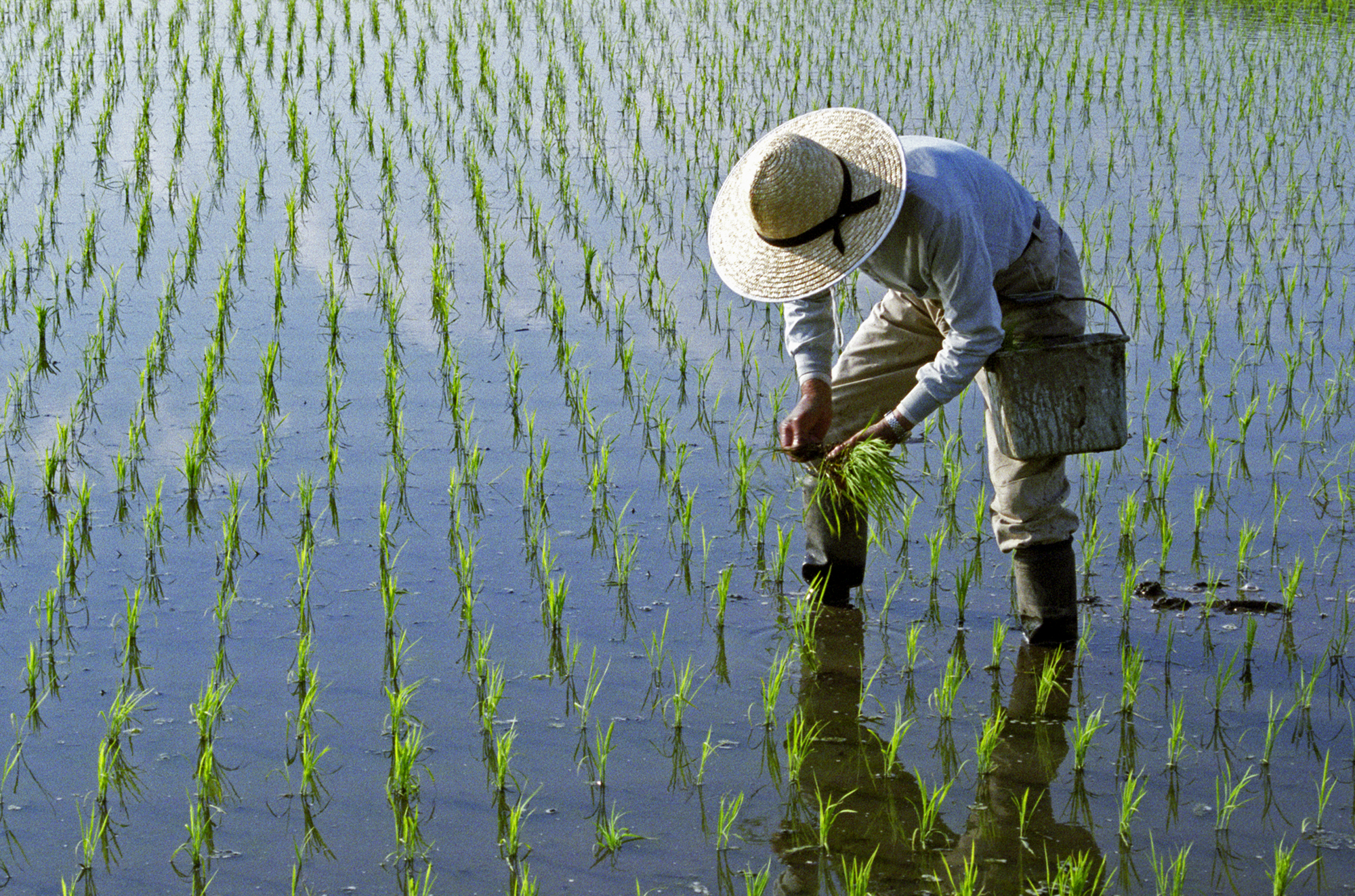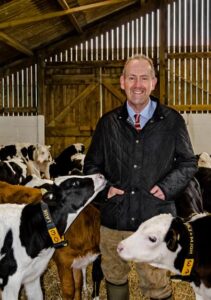What is global food security?

Professor Geoff Simm is Director of the University’s Global Academy of Agriculture and Food Security. In this interview, he talks about the challenges of feeding a rapidly growing global population, with evolving dietary demands and food choices, while also protecting the planet.

Professor Geoff Simm
What is global food security?
The greatest challenge facing global agriculture is to achieve food security while protecting the planet. Food security is about all people having access to a safe, affordable and nutritious supply of food at all times. It sounds very simple when you say it quickly but it’s one of the most complex challenges facing society.
What role can the Global Academy of Agriculture and Food Security play in tackling these issues?
Edinburgh has many strengths in biological sciences, geosciences, informatics, biomedicine, politics and society, all of these areas have contributions to make to understanding and improving food security.
For instance, the Royal (Dick) School of Veterinary Studies at the University has a major international reputation and in particular has contributed much to animal health in many of the low- and middle-income countries around the world over the last few decades. The Global Academy is about building on that foundation and broadening it to many other areas where the University and its partners can contribute as well.
Modern developments in genetics at the Roslin Institute and elsewhere has a huge role to play, while data science is having a huge impact on many branches of society and also can have a big role in tackling global food insecurity.
And in geosciences, understanding the changing climate, and how we develop our crop and livestock systems to adapt to that is very important. We recently hosted a workshop in Kenya looking at the role of earth observation – from satellites, drones and sensors – in helping to develop climate-smart agriculture, and we see this as a promising area of future research.
The Academy will be a melting pot where each of these areas can come together, share ideas and develop new interdisciplinary solutions to some of these really pressing challenges.
How important is teaching?
If we’re going to face these challenges that are massive in scale, it’s important that we mobilise and train students, who will become tomorrow’s leaders in tackling these issues. These problems are interdisciplinary and interconnected and require a new approach from what we’ve expected of our students until now.
The University already has a fantastic reputation in delivering online distance and face-to-face learning and we’ll be developing new courses designed to help develop this next generation of leaders, including in the countries most affected by food security issues.
This interview is edited from an article originally published in Edit, the University of Edinburgh’s alumni magazine.
(Rawpixel via Getty.)




Comments are closed
Comments to this thread have been closed by the post author or by an administrator.